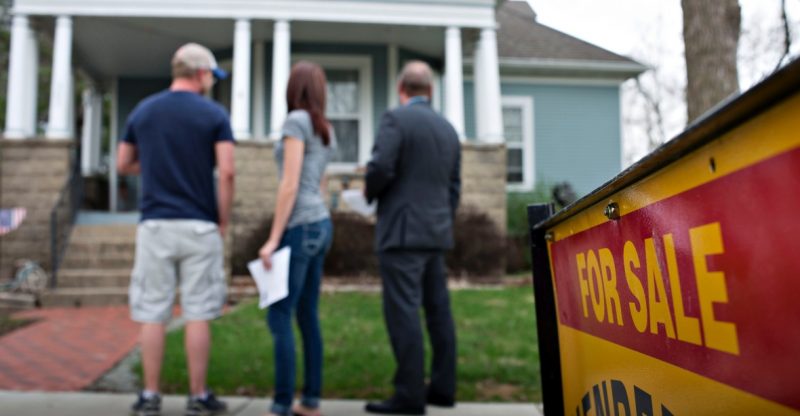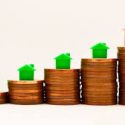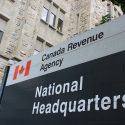CIBC Says Ontario Will Need To Tax Foreign Home Buyers
A prominent economist says that Ontario will have little choice but to implement a tax on foreign house buyers, similar to the 15 percent surcharge recently slapped on home purchases in Vancouver. The Ontario government has little choice left but to enact a 15 percent tax on foreign home buyers, says CIBC World Markets deputy chief economist Benjamin Tal.
More than a month after British Columbia put into effect a similar tax, Ontario has made no mention of what action it will take to cool the hot Toronto housing market. The Greater Toronto Area is now the lone market experiencing a rapid price surge in Canada, says Tal, as evidence emerges that Vancouver’s market is now cooling.
The Greater Toronto Area is now the lone market experiencing a rapid price surge in Canada, says Tal, as evidence emerges that Vancouver’s market is now cooling.
In a recent note to clients, Benjamin Tal of CIBC says the biggest problem facing policymakers with regards to hot housing markets in Toronto and Vancouver is a limit on the supply of new homes.Vancouver’s housing market had been showing signs of a slowdown before the city’s move in July to implement a 15 percent tax on housing purchases by foreigners “pushed it over the edge,” as Tal puts it.
Vancouver’s housing market had been showing signs of a slowdown before the city’s move in July to implement a 15 percent tax on housing purchases by foreigners “pushed it over the edge,” as Tal puts it.”The main reason behind higher prices in the [Greater Toronto Area] is a policy-driven lack of land supply,” Tal said. “And with no change on that front, policymakers have to use demand tools to deal with what is essentially a supply problem.”
“The main reason behind higher prices in the [Greater Toronto Area] is a policy-driven lack of land supply,” Tal said. “And with no change on that front, policymakers have to use demand tools to deal with what is essentially a supply problem.”
According to the Real Estate Board of Greater Vancouver, house purchases declined by 26 percent in August compared with the same month a year earlier.The economist goes on to explore a few other housing policy options that both provincial and federal governments will potentially need to use to fix the current market. Tal notes that even if home prices in Canada stop increasing today, the imbalance has left the Canadian economy in a dangerous imbalance.
The economist goes on to explore a few other housing policy options that both provincial and federal governments will potentially need to use to fix the current market. Tal notes that even if home prices in Canada stop increasing today, the imbalance has left the Canadian economy in a dangerous place.
Tal urged compelling banks to tighten their lending practices by making them pay for their own mortgage insurance. He says the federal government could consider raising the minimum down payment on homes valued between $500,000 and $1 million to more than 10 percent. (Last year, the government raised the down payment portion of the value of homes between that range from five percent to the current 10 percent.) He also points to potential new policies beyond lending.
Tal suggests governments could be pushing cities, especially in Ontario, to fast-track the approval process for new residential construction. He has mentioned this before, calling the current market one where policymakers are using demand tools to fix a “supply problem”, and Offering tax incentives to developers to make more purpose-built rental buildings, including more flexible rent control rules, as ways of cooling Toronto’s housing market.
Finally, Tal says that governments should be doing more to monitor subprime and alternative lenders.
“Any upcoming changes to regulations,” Tal says, “should make it a bit more difficult to borrow — simply to save Canadians, blinded by the current affordability mirage, from themselves.”
But higher interest rates could mean borrowers would just have to spend more to pay down their debt, which would give them less to spend in the real economy, possibly sparking a recession, Tal warns.





